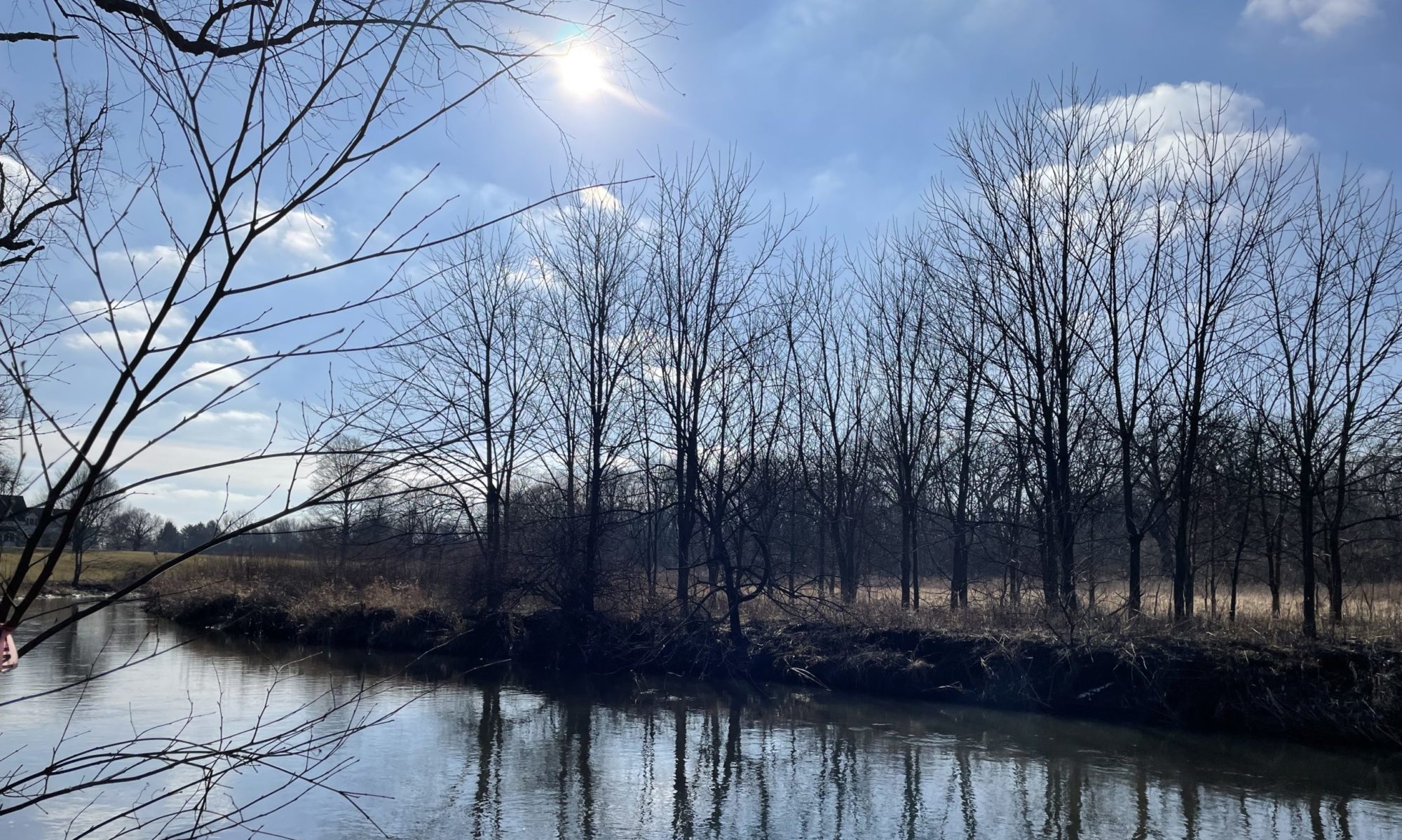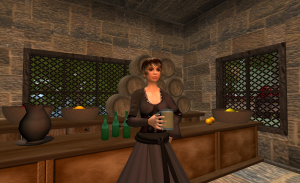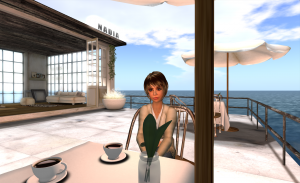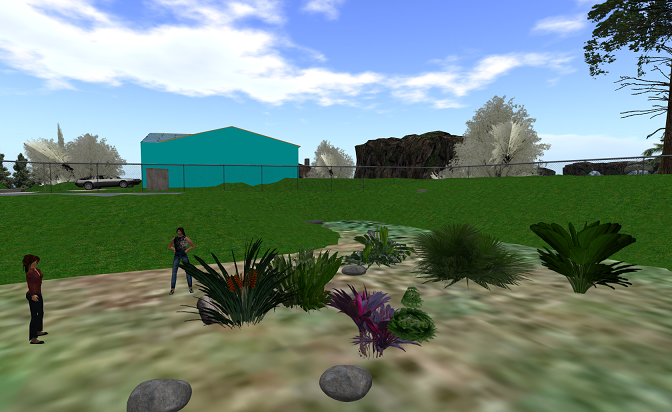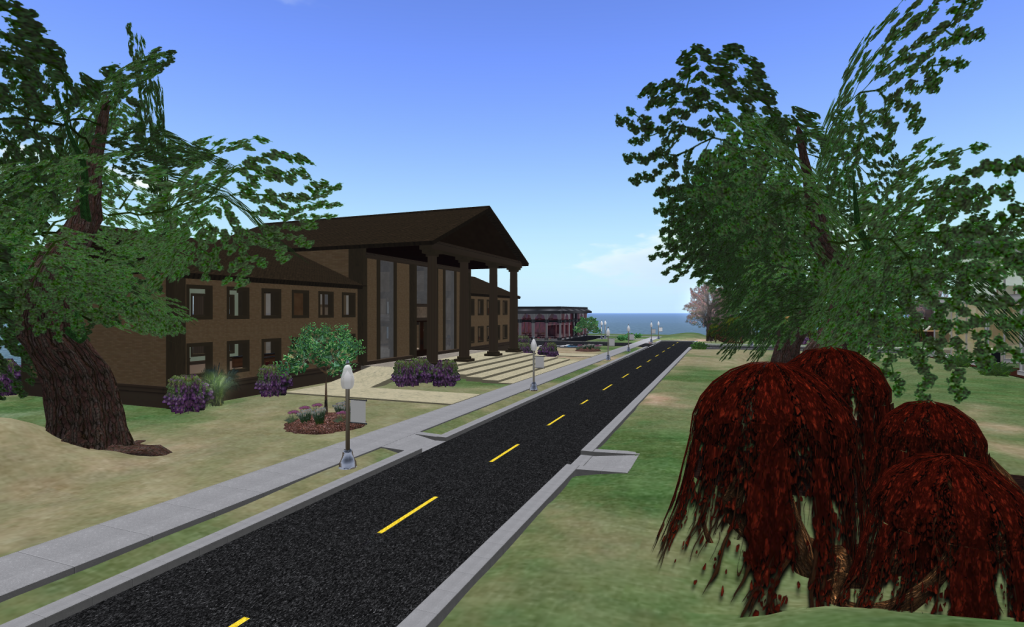Once again I've been intrigued by the similarities between online and offline communities with the topic this time focusing on the handling of community events. And I wonder how much the "real" and "virtual" communities can learn from each other. If you work for a city, your experience is probably very similar to mine – you regularly assist your employer in some capacity in hosting either annual or special events and reviewing and approving community events hosted by others. Usually events held on private property need only meet ordinances and laws, and there is no formal notification or approval process involving the city. However, events held on public property are covered by rules and usually require city approval. In order to provide this approval, some cities only require notification and perhaps a certificate of insurance while others ask for all or some of the following: application form, fee, maps, insurance, agreements, and assistance.
Community events on public property
Where I currently work, all departments are involved in handling event applications for something that will be held on public property because all of us have a potential to be impacted in some way. Although there are some events requiring no city services, most of the time some level of police or fire oversight or protection is needed. For larger events, public works provides barricades, water, garbage pickup, or electricity. The entire process for us is managed by our economic development department, and we do not charge a fee for our support services. The city itself rarely hosts an event all by itself – we do have a few official "city events," but these are usually managed by our local chamber of commerce – not by city staff. We just don't have the employees or funds to support the planning and management of major events. Instead we tend to focus our efforts on activities that promote local businesses. One example is our "Fall in Love with Downtown Geneva" – a month-long contest held in February that involves asking people to register at local businesses to win prizes. Each week our city council picks from the entries and announces the winners at the council meeting.
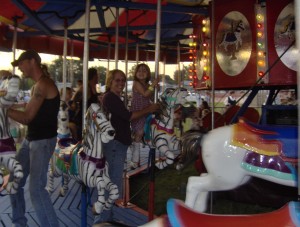
Celebrations aren't always fun and games
My event-handling experience with my last employer, the city of LaSalle, was much different. During my time there we really didn't receive many requests from others to host activities on public property.
The city itself hosted one main, official city event each year and had been doing so since about the mid 1970s in various forms and locations. But during most of my 16 years working for the city, the 4-day event was held each August in the city's main park. From what I remember, each year, this event ended up creating a major disruption to that facility and the surrounding neighborhood. The celebration also took an enormous amount of time to plan, set up, manage, and host. Fortunately for our city, the main planning and management of the actual event was handled by volunteers. But even so, it still required a lot of support from our city staff. For that whole week leading up to the celebration and for several days after we really could work on nothing else because we had to get the park ready for the activities and clean up afterwards. And even though so many people put in long hours and hard work, citizens regularly complained about the celebration. Eventually the complaints got so bad that for the last year of my time there, the elected officials decided to no longer host the event. And from what I could tell, the neighboring communities seemed to have similar experiences.
Events in a virtual community
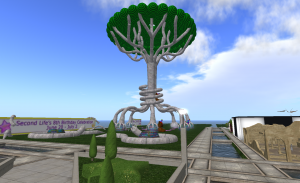
So because of my background in local government, I've been very interested in observing how Linden Lab, the owner of the virtual world of Second Life, has been handling their community events. The activities taking place in this environment offer experiences similar to those we find in our offline lives with the exception of having a physical presence. However, there are a few benefits available not normally offered in an offline activity – because everyone has a profile that can be anonymously accessed, it's easy to check someone out before approaching them. Also, because of the chat and other communication tools, it's easy to have a real conversation even while attending an event with music – unlike what is possible in an offline venue with music. Another of the many benefits I have found related to events in Second Life is the ability for organizers and hosts of these events to register and advertise events held on private lands. This is helpful because if you are sitting around your virtual place wondering what there is to do, you can just click open the search and see what events are taking place. You can even set an event to notify you before it is starting if you are logged in. (Although I wish there was a mobile app for this so I could get notifications on my iphone.) The registration setup is very easy and quick – I sometimes wonder if this is a service cities could model for their own communities. You can check out Second Life's event listing here: http://secondlife.com/community/events/?lang=en-US
In addition to the offering of tools to support private events, Linden Lab has chosen at times to host their own events. Most, like the celebration hosted by my last employer, relied on significant participation by volunteers for assistance with organization and management. And like what happened where I used to work, this year Linden Lab seems to have made a decision to pull back and not host formal events. In particular the company recently announced they will no longer provide the public space and hosting of their annual birthday celebration. Instead they are asking people to use their private event notification system to let people know about privately-hosted events held to celebrate Second Life's birthday. I am not sure why they made this decision, but as you can imagine there have been mixed reactions from the community. Some are upset and believe Linden Lab should be more involved in the community and show their support by hosting these types of events while others believe it is better to leave celebrations and events to the community itself. What is fascinating is that this is exactly the back and forth we hear from citizens in our offline communities.
Lessons learned
The take away from this is what most of us in government have come to realize: there will always be some people who want their "government" more involved while others want it to back off and let the private sector lead. So where is the balance? What is government's role in community events? My philosophy with local government has evolved to where I believe each agency needs to deliver the services expected and requested by their community as long as their members are willing to fund those services and if the law allows the government to provide those services. The difficulty is in determining just what should be provided because not every community will choose the same services and there are so many conflicting opinions. For offline communities, this decision is usually made by councils who regularly consider requests and vote on policies and ordinances to meet service requests. And if a community is well run, those officials make their decisions based on feedback from members of the community so their decisions reflect the will of the people.
But what is an owner or creator or manager of a virtual community to do? To be successful, they can take a page from the city management book and follow the same process a city would and create a comprehensive plan for the community. This plan, developed with input from the community, provides the guidance needed for community development and management and decision-making. The recent commotion about event hosting is only one more sign that this virtual community has reached a point every city eventually faces if there is no plan for the community's future. And any community developer will tell you that failure to plan the future is planning to fail – even in a virtual community.
